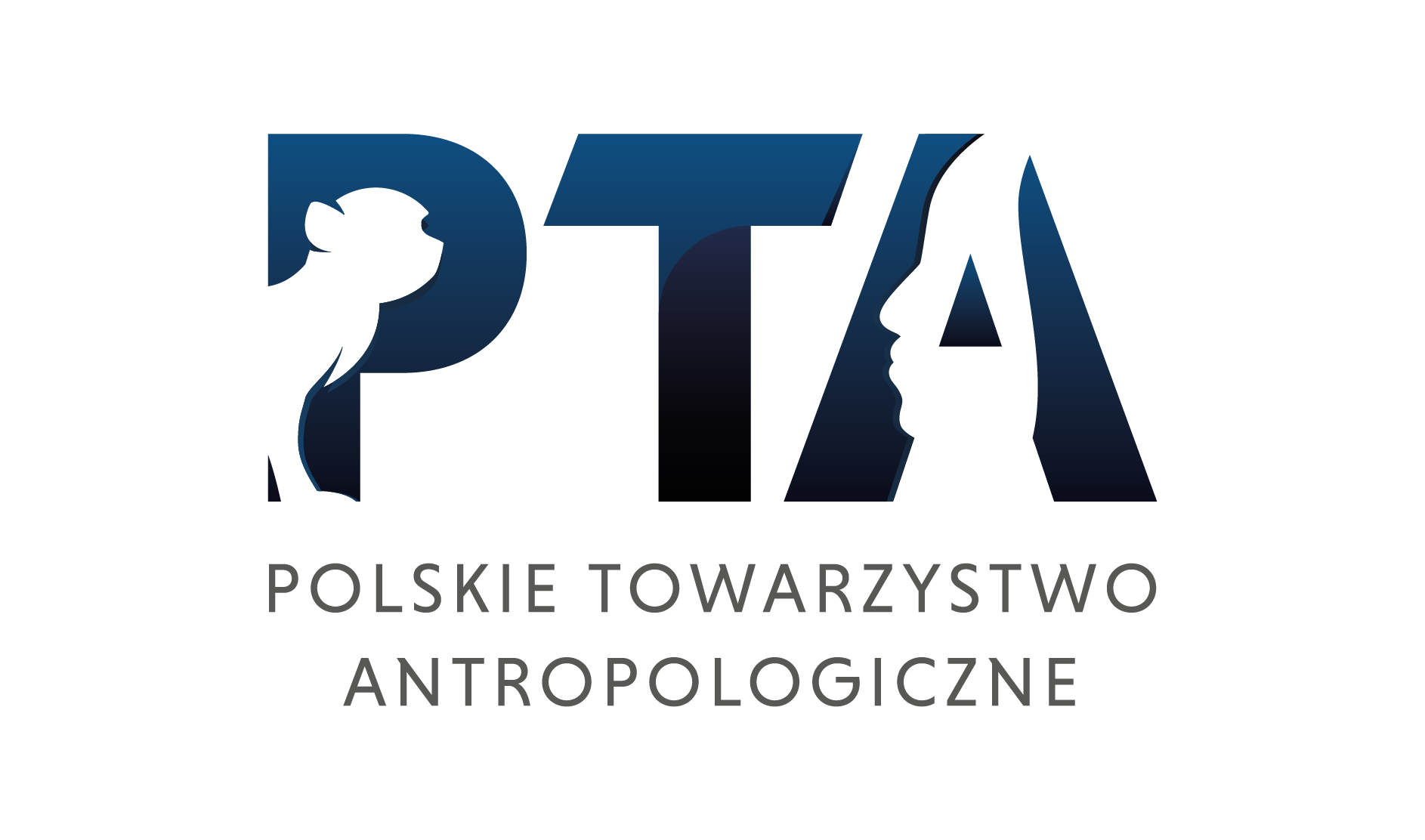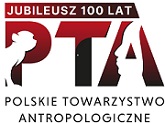Remarks about the Historical Character of Ecological Anthropology
DOI:
https://doi.org/10.18778/1898-6773.53.1-2.23Abstract
The description and explanation of the relation between man and his natural surrounding is the subject of ecological anthropology. The characteristic feature of this science is primarily the historical interpretation of the economic process of taking into possession and transforming the life environment, and also the ideological way of justifying the accepted adaptation strategy. One can distinguish hunting-gatherer agricultural, industrial and postindustrial methods of taking nature into possession. Definite ideological and consciousness dependent subsystems correspond to. these methods of taking nature into possession.
In case of: hunting-gatherer societies the degree of influencing nature was comparatively small. A considerably wider degree of taking into possession and transforming life environment occurs in agricultural societies. Next to the achievements of culture already then there occurred strong processes of environmental devastation. In the period of the development of agricultural societies based on class unequality, higher religions were developed which insured to those societies the social and ecological stability. Starting with the 18th century the industrial activity becomes the basic way of taking nature into possession. Due to enormous exploitation of the natural resources there follows a speedy increase of population and its needs. The effect of these activities is the. development of the global ecological crisis.
There appears the conception of anthropogenical homeostasis as the regulator of the process of taking nature into possession by postindustrial societies. It is accompanied by extensively developed ecological consciousness revealed among others in the form of economy and ecological ethics.
Downloads
References
BARNETT A., 1967, Gatunek Homo sapiens. Biologia czlowieka, Warszawa.
View in Google Scholar
BÖHME G., E. SCHRAMM [Hrsg.], 1985, Soziale Wissenschaft. Wege zu einer Erweiterung der Ökologie, Frankfurt am Main.
View in Google Scholar
CZUB R., 1985, Synekologla człowieka, [w:] A. Malinowski i J. Strzałko [red.], Antropologia, Warszawa-Poznań.
View in Google Scholar
FLOHR H., 1985, Anthropologie menschlichen Soziatverhaltens – Thesen zur biokuiturellen Neuorientierung in den Sozialwissenschaften, Mitteilungsblätter der Forschungsinstituts, für Gesellschaftspolitik und beratende Sozialwissenschaft e. V., Göttingen, 40.
View in Google Scholar
FLOHR H., 1986, Die Bedeutung der Biologie für die Sozialwissenschaften, Ratio, 28,1.
View in Google Scholar
HYMANS E., 1974, Rośliny w służbie człowieka, Warszawa.
View in Google Scholar
KOŚMICKI E., 1985, Uwagi o problematyce kryzysu ekologicznego, Człowiek i Światopogląd, 5.
View in Google Scholar
KOZŁOWSKI J. K., S. K. KOZŁOWSKI [red.], i983. Człowiek i środowisko w pradziejach, Warszawa.
View in Google Scholar
MEYER P., 1982, Soziobiologie und Soziologie. Eine Einführung in die biologischen Voraussetzungen sozialen Handelns, Darmstadt-Neuwied.
View in Google Scholar
PIONTEK J., 1987, O przedmiocie antropologii ekologicznej. Szkic problematyki, Przeg. Antrop., 53.
View in Google Scholar
DOI: https://doi.org/10.18778/1898-6773.53.1-2.22
TEUTSCH G. M., 1985, Lexikon der Umweltethik, Göttingen-Düsseldorf.
View in Google Scholar
Downloads
Published
How to Cite
Issue
Section
License

This work is licensed under a Creative Commons Attribution-NonCommercial-NoDerivatives 4.0 International License.








